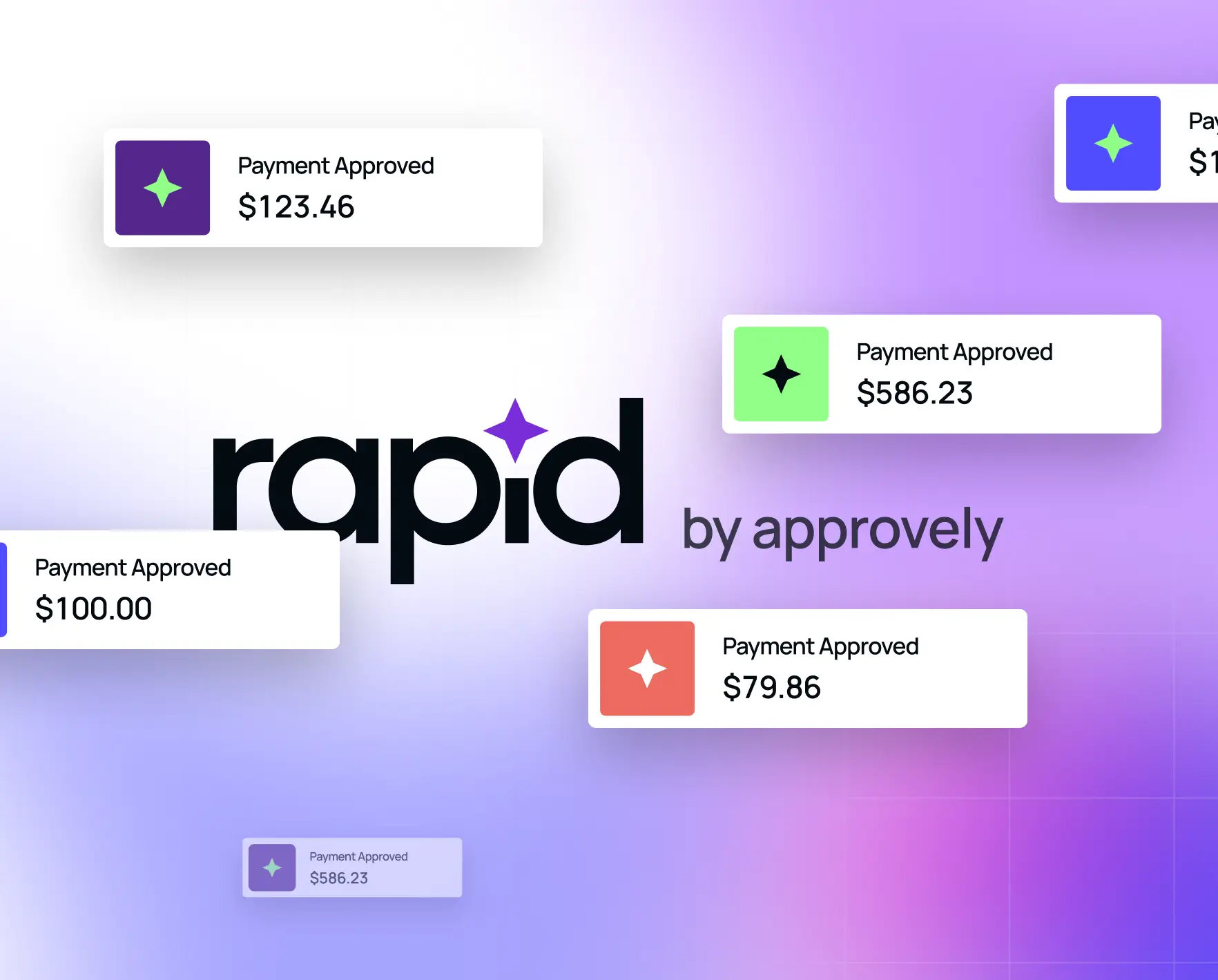BLOG
>
Blog
Compliance Requirements for Daily Fantasy Sports Operators: Navigating the Regulatory Landscape

.svg)
The rise of Daily Fantasy Sports (DFS) has transformed the gaming world, blending sports excitement with skill-based gameplay. However, with rapid growth comes increased regulatory scrutiny.
In this guide, we'll explore the compliance requirements DFS operators must navigate while ensuring fair, responsible, and transparent gaming experiences.
Background of Daily Fantasy Sports and Its Evolution
DFS allows players to draft virtual teams of real athletes, with teams earning points based on actual game statistics. Their teams score points based on player statistics from actual games. Unlike traditional gambling, DFS is often classified as a skill-based activity, making it legal in many regions.
This day-to-day engagement format has attracted massive audiences and revenue for DFS operators, but it also places these operators under a complex web of compliance requirements.
Key Compliance Requirements for DFS Operators
Compliance in the DFS space can vary by jurisdiction, but several key requirements are common across the board. Here's an overview of the most important compliance considerations:
1. Licensing and Registration
DFS Operators must obtain a license or register with relevant regulatory bodies.
Licensing requirements often include:
- Ownership and financial details
- Implementation of security measures like multi-factor authentication
- Responsible gaming protocols
- Adherence to Anti-Money Laundering (AML) and Know Your Customer (KYC) standards to prevent fraud
2. Player Verification and Age Restrictions
- Strict age verification processes prevent minors from participating.
- Identity verification tools are used to ensure that players meet legal age requirements, often requiring government-issued identification.
3. Responsible Gaming Measures
Regulatory bodies require tools to promote responsible gaming such as:
- Deposit limits
- Session time limits
- Loss limits
- Self-exclusion options
These tools protect players from problem gambling and ensure a safer environment.
4. Data Privacy and Security
Compliance with global data privacy laws, such as the General Data Protection Regulation (GDPR) in Europe, is essential.
Operators must ensure data is:
- Collected with consent
- Stored securely
- Protected against breaches.
5. Transparency and Fairness
Platforms must offer transparent information about:some text
- Contest rules
- Scoring systems
- Prize structures
Independent audits verify fairness in games to maintain player trust.
6. Advertising and Marketing Restrictions
Compliance with advertising guidelines ensures that marketing is:some text
- Honest and accurate
- Not targeting minors
- Not promoting irresponsible or compulsive gambling.
7. Payment Processing and Financial Compliance
- Secure payment processing systems are a must for DFS operators.
- Segregating user funds from operational accounts helps prevent fraud and ensure secure payment solutions.
DFS operators should partner with high-risk merchant account providers like Approvely, which integrate AML/KYC compliance into payment technology.
8. Location Restrictions
Operators may need to implement geofencing to block players from regions where DFS is prohibited, adhering to local laws.
9. Anti-Fraud Measures
Implement algorithms to detect fraudulent behavior such as:some text
- Collusion
- Scripting
ID verification prevents users from creating multiple accounts to exploit contests.
10. Reporting and Compliance Audits
- Operators are often required to submit regular reports to regulatory authorities.
- Periodic compliance audits may be conducted to ensure adherence to legal standards.
Global Variations in Compliance Requirements
DFS compliance requirements differ globally:
- United States
DFS legality is determined on a state-by-state basis, with some states requiring strict licensing and others adopting more lenient approaches.
- Europe
The regulatory environment is fragmented, with some countries treating DFS as skill-based, while others classify it as gambling and impose stricter regulations.
Best Practices for DFS Operators
To ensure compliance and maintain a legally sound operation, DFS operators should adopt the following best practices:
1. Stay Updated on Regulations
- Keep track of evolving compliance requirements in different regions.
- Consider hiring legal experts in gaming law to help navigate these changes.
2. Implement Robust Responsible Gaming Tools
- Offer responsible gaming features such as deposit limits, time limits, and self-exclusion options, ensuring players have control over their gaming behavior.
3. Communicate Transparently
Provide clear and detailed information about contests, rules, and prize structures to maintain player trust and user satisfaction.
4. Collaborate with Regulatory Authorities
Work proactively with regulators to stay ahead of changing compliance requirements and ensure fairness in gaming operations.
5. Prioritize Data Security
Use encryption, secure payment processing, and fraud prevention systems to safeguard player data and prevent unauthorized transactions.
6. Maintain Fairness and Integrity
Regular audits and the use of fraud prevention tools ensure the integrity of contests, protecting both the platform and its users.
Conclusion
As the Daily Fantasy Sports industry continues to grow, compliance remains a top priority for operators. By staying updated on regulatory changes, offering robust responsible gaming tools, and leveraging advanced solutions like Approvely’s payment processing and AML/KYC compliance, DFS operators can navigate the complex regulatory landscape and thrive in this competitive market
Maintaining compliance ensures a fair, transparent, and responsible gaming experience, which is essential for long-term success in the DFS space.


.svg)

.webp)

-min.avif)
-min.avif)